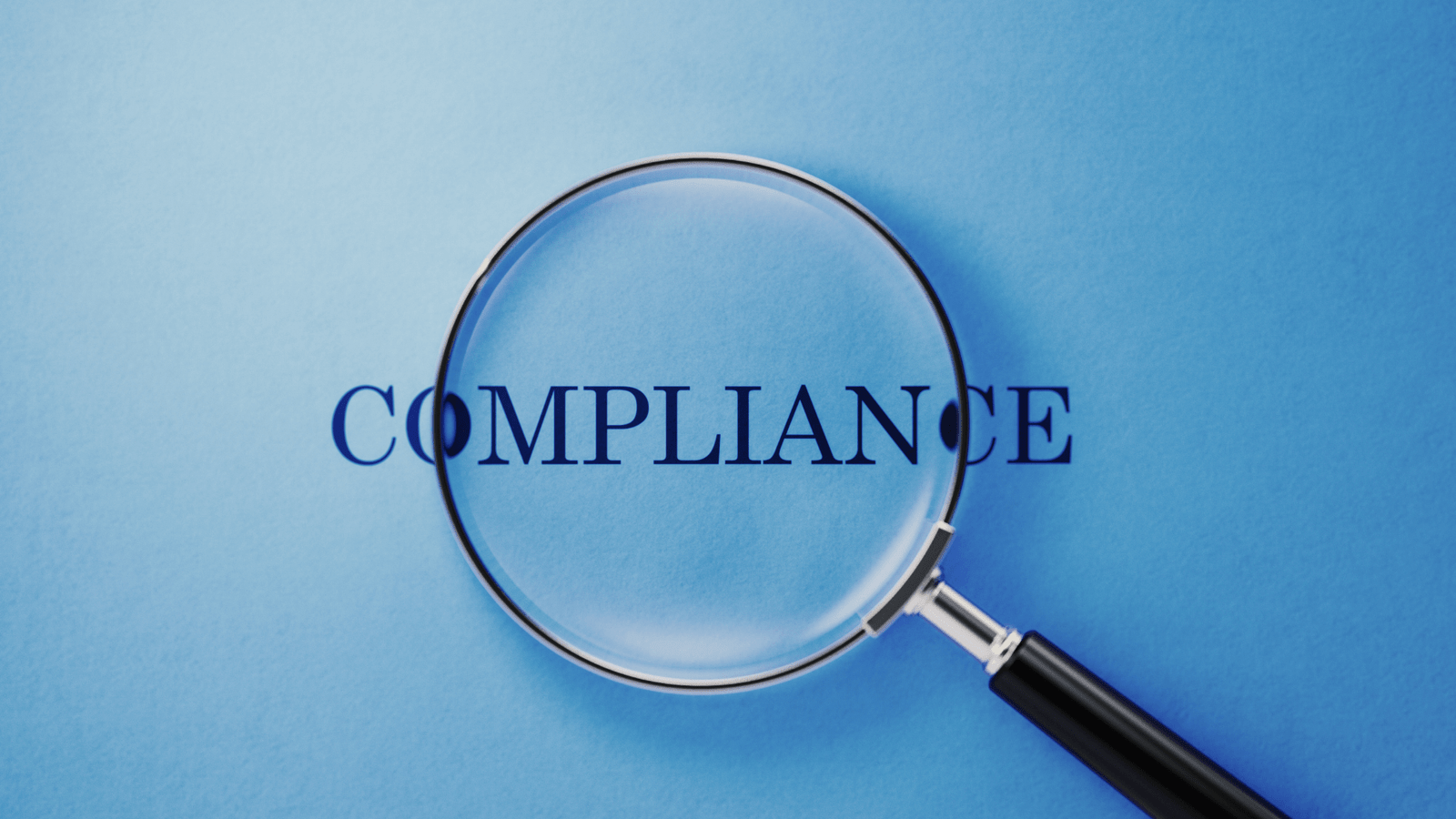Are you tired of watching your law firm’s marketing efforts fall flat while competitors dominate search results and attract premium clients? You’re not alone. According to recent industry data, 73% of law firms struggle with ineffective marketing strategies, leading to an average annual loss of $50,000 in potential revenue. However, partnering with the right legal marketing agency can transform your practice from invisible to irresistible.
Choosing the wrong marketing partner isn’t just costly, it’s catastrophic. Yet, with over 2,000 marketing agencies claiming legal expertise, how do you separate the true specialists from the pretenders? This comprehensive guide reveals exactly what to look for first when hiring a legal marketing agency, ensuring you make a decision that propels your firm toward unprecedented growth.
Why Legal Marketing Requires Specialized Expertise

Legal marketing operates under unique constraints that general marketing agencies simply don’t understand. Attorney advertising rules, ethical considerations, and highly regulated content requirements demand specialized knowledge that goes far beyond typical marketing approaches.
Furthermore, legal clients make decisions differently than other consumers. They’re often dealing with stressful situations, require trust-building, and need extensive education about complex legal processes. A marketing agency without legal industry experience will struggle to create compelling campaigns that resonate with your target audience while maintaining compliance.
The 7 Critical Questions Every Law Firm Must Ask

1. What Specific Legal Practice Areas Do You Specialize In?
Not all legal marketing agencies are created equal. The strategies that work for personal injury firms differ dramatically from those effective for corporate law practices. Ask potential agencies about their experience with your specific practice area and request case studies demonstrating successful campaigns.
Look for agencies that understand your niche’s unique challenges. For instance, family law marketing requires sensitivity and empathy, while business law marketing focuses on expertise and results. An agency specializing in your practice area will craft more effective messaging and choose appropriate marketing channels.
2. Can You Provide Measurable ROI Data from Similar Firms?
Effective legal marketing agencies track concrete metrics that matter to your bottom line. They should provide detailed case studies showing client acquisition costs, conversion rates, and revenue generated from their campaigns.
Specifically, ask for data on:
- Lead generation volume and quality
- Cost per qualified lead
- Conversion rates from lead to client
- Average case value increases
- Return on marketing investment percentages
Quality agencies will transparently share this information and explain how they’ll track similar metrics for your firm.
3. How Do You Ensure Compliance with Legal Advertising Rules?

Legal advertising regulations vary significantly by jurisdiction and practice area. Your marketing agency must demonstrate comprehensive understanding of applicable rules, including state bar requirements, solicitation restrictions, and truthfulness standards.
Ask about their compliance review process and whether they have attorneys on staff or retain legal counsel for advertising compliance. Additionally, inquire about their track record—have any of their clients faced disciplinary actions due to marketing violations?
4. What Digital Marketing Strategies Do You Implement?
Today’s legal marketing landscape demands multi-channel digital strategies. Your agency should offer comprehensive services including:
Search Engine Optimization (SEO): Essential for long-term visibility, SEO helps your firm rank higher in search results for relevant legal terms. Quality agencies will conduct keyword research, optimize website content, and build authoritative backlinks.
Pay-Per-Click (PPC) Advertising: Provides immediate visibility for competitive keywords. Effective agencies manage budgets efficiently while maximizing qualified lead generation.
Content Marketing: Educational content establishes your expertise and builds trust with potential clients. Look for agencies that create valuable blog posts, guides, and resources addressing common legal questions.
Social Media Marketing: While attorneys must be cautious with social media, strategic platforms can enhance your reputation and reach new audiences.
5. How Do You Measure and Report Campaign Performance?
Transparency in reporting separates professional agencies from amateur operations. Your marketing partner should provide regular, detailed reports showing campaign performance across all channels.
Quality reporting includes:
- Website traffic and user behavior analytics
- Lead generation metrics by source
- Conversion tracking and attribution
- Competitive analysis updates
- ROI calculations and projections
Moreover, they should schedule regular strategy meetings to review performance and adjust tactics based on data insights.
6. What Is Your Approach to Local SEO and Reputation Management?

Local visibility is crucial for most law firms, as 97% of legal clients search for attorneys in their geographic area. Your agency should implement comprehensive local SEO strategies including Google My Business optimization, local directory listings, and location-based content creation.
Reputation management is equally important. Potential clients heavily research attorneys online, and negative reviews or lack of online presence can severely impact your firm’s growth. Ask about their reputation monitoring and management services.
7. How Do You Handle Client Communication and Project Management?
Effective communication prevents misunderstandings and ensures campaigns align with your firm’s goals. Establish clear expectations about:
- Frequency of progress updates
- Primary points of contact
- Response time commitments
- Meeting schedules and formats
- Project milestone tracking
Professional agencies assign dedicated account managers and use project management systems to keep campaigns organized and on schedule.
Red Flags to Avoid When Choosing a Legal Marketing Agency

Several warning signs indicate an agency may not be the right fit for your firm:
Guaranteed Rankings: No legitimate agency can guarantee specific search engine rankings, as algorithms constantly change and competition varies significantly.
Extremely Low Pricing: Quality legal marketing requires significant expertise and resources. Suspiciously low prices often indicate inexperienced staff or corner-cutting that could harm your firm’s reputation.
Lack of Legal Industry Experience: Agencies without substantial legal marketing experience will struggle to navigate compliance requirements and create effective campaigns.
Poor Communication: If an agency is difficult to reach during the sales process, communication will likely worsen after signing a contract.
No Performance Guarantees: While ranking guarantees are unrealistic, reputable agencies should offer some form of performance accountability or money-back guarantees.
Building a Successful Long-Term Partnership
Choosing the right legal marketing agency is just the beginning. Building a successful partnership requires ongoing collaboration and clear communication. Establish regular check-ins to review performance, discuss strategy adjustments, and ensure campaigns align with your firm’s evolving goals.
Additionally, provide your agency with comprehensive information about your firm’s unique value propositions, target clients, and competitive advantages. The more they understand your practice, the more effectively they can represent your brand in the marketplace.
Hiring a legal marketing agency represents a significant investment in your firm’s future growth. By asking the right questions and thoroughly vetting potential partners, you can avoid costly mistakes and select an agency that drives real results.
Focus on finding an agency with proven expertise in your practice area, transparent reporting practices, and a strong track record of compliance and results.
Don’t let another month pass watching competitors capture clients that should be yours. Take action today by reaching out to qualified legal marketing agencies and asking these seven critical questions. Your firm’s future depends on making the right choice now.

